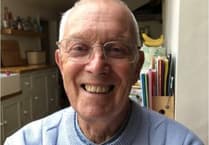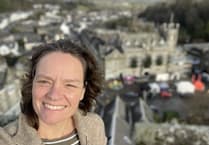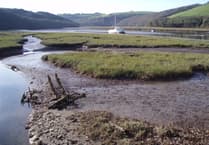In recent days there has been a big debate about the use of the term “terrorist”. Given the attack on the music festival in Israel by Hamas fighters the issue has been raised as to the correct terminology to apply to those who came and killed innocent civilians. There are reports that children were beheaded. Such violent acts have rightly caused outrage across the world.
The problem comes as to what to call these murderous mobs. The BBC has come under criticism for not reporting these acts as those carried out by terrorists. I admit to being amongst those who felt the news reporting was failing to ascribe the right language when speaking of these fighters.
On reading a detailed piece by John Simpson my views have changed. The point is being made that the BBC reports the facts and it is up to the viewer to decide the nature of the attackers. At first this seemed to be a weak argument. On reflection it is to be appreciated that reporters are at the scene of many such horrific events. Their safety is critical. If they start to name any one side as terrorists they run the very real risk of being seen as biased in their reporting. They could well be the target for an attack. Their reporting can be robust but is to be contained within the strict guidelines of the BBC position. The safety of reporters is critical if we are to get a picture of what is actually happening on the ground. The use of language does not always have to centre on such terrible events. When I first moved to Devon my cockney accent and the local Devonian voice were difficult to ascribe to the same native language. On my first visit to the local village store the shopkeeper asked me in broad accent “What can I do for you my lover? At first I turned round to see if he was speaking to a lady who might be standing behind me. There was nobody there. He was clearly speaking to me and being friendly. As a new visitor to his shop he realised I had just moved into the village and then asked me “Where you live to? The question was clear by the use of this phrase was not something I had come across before. Living in any one place for any length of time means you are almost certain to pick up the local phrases. Saying “proper job” now slips easily off the tongue. Both my children grew up in Devon from a very early age so one would expect them to have the Devon accent. This is only half true. My son has no obvious Devon intonation in his voice. In contrast my daughter has a way of saying “milk” that is typical of Devon maids. The term “Maid” addressed to women is another term I had not come across in the heart of London Town. My wife worked in the local village shop for 11 years but felt she had not really picked up any local accent. Walking on the moors one day she turned to me and said in broad Devonian “Look at them there mushrooms under that there tree”. After that it was difficult for her to deny she was part of the Devon scene.
Some use of language can be difficult to listen to as the speaker constantly repeats a phrase in every sentence. “You know” is one of the more common phrases. It is often used at the end of every sentence. Whatever use of language we use it is true that is good to talk. It does not really matter what accent we use or what odd terms creep into our conversations. It is important that we talk to one another but probably more important that we listen to what is being said.




